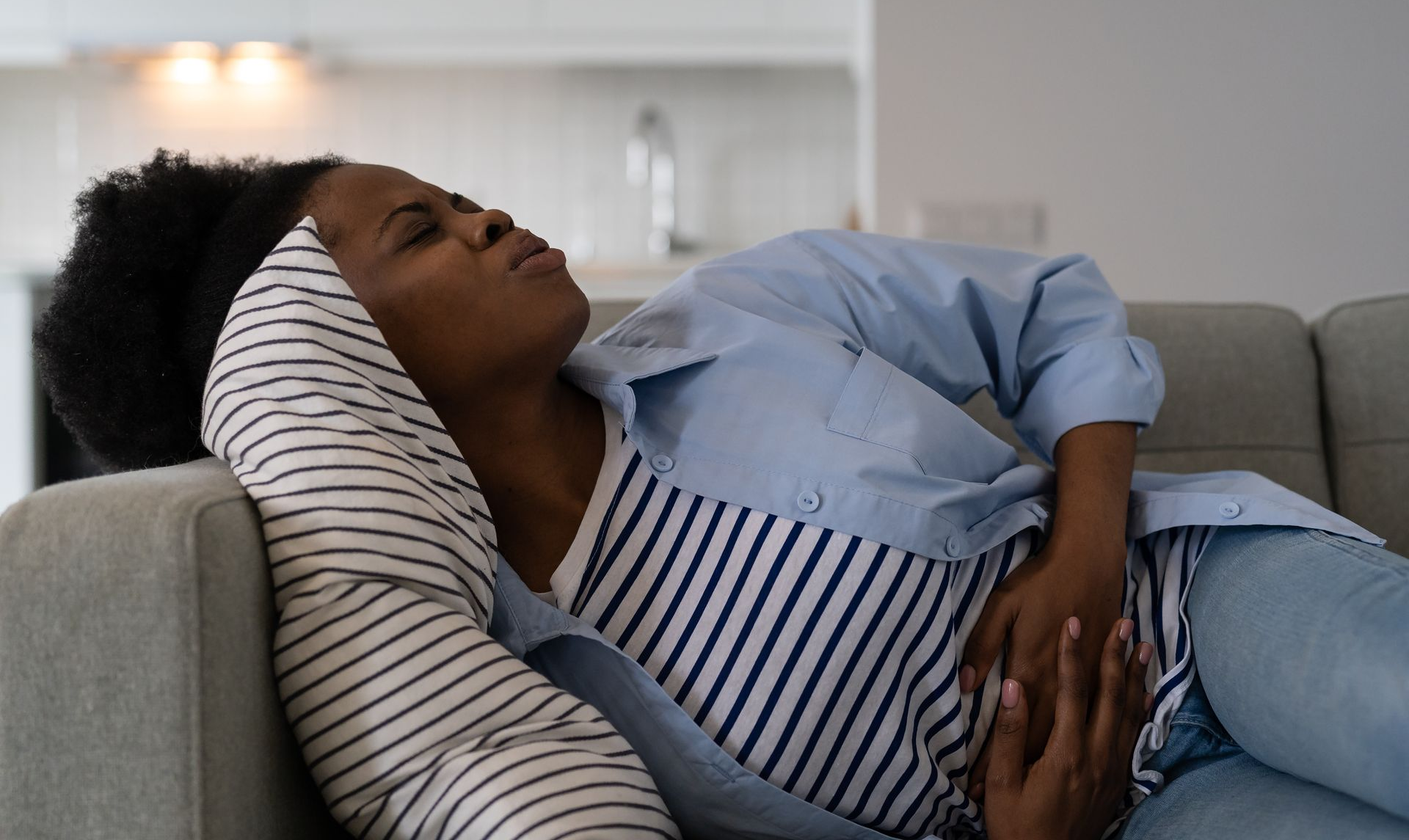How HRT Helps Reduce Hot Flashes and Night Sweats

Hot flashes and night sweats are among the most recognizable symptoms for menopausal women. These symptoms, however, are more than just an annoying and uncomfortable part of aging. Recent studies suggest that women who experience hot flashes are more likely to experience cardiovascular events such as heart attacks or strokes, which is among the reasons you may want to consider hormone replacement therapy at our Baton Rouge-area clinics.
Hormone therapy is considered the most effective treatment for menopausal symptoms such as hot flashes, according to the North American Menopause Society.
“Medical organizations devoted to the care of menopausal women agree that there is no question that hormone therapy has an important role in managing symptoms for healthy women during the menopause transition and in early menopause,” says a statement issued jointly by The North American Menopause Society, the American Society for Reproductive Medicine, and The Endocrine Society.
A study published in 2019 found that women who experienced frequent hot flashes had twice the risk of heart trouble. And those who had persistent hot flashes had an 80% higher risk over 20 years. It’s not clear what links hot flashes and heart disease, which is the leading cause of death for women in the United States, according to the Centers for Disease Control and Prevention.
What Are Hot Flashes?
A suddenly flushed face, sweating, and a feeling of heat are the signs perimenopausal and menopausal women are experiencing hot flashes. If they occur while sleeping, they’re called night sweats. The exact cause of hot flashes isn’t clear, but researchers speculate they’re associated with circulation changes. Up to two-thirds of women in North America experience menopause-related hot flashes, which in some cases can last for years.
How Does HRT Help Minimize Hot Flashes?
Hormone replacement therapy treats a range of symptoms associated with aging and menopause , including hot flashes. By balancing a woman’s estrogen and progesterone levels, medically monitored HRT can minimize hot flashes and night sweats. Other symptoms that can be alleviated by HRT include:
- Vaginal dryness; discomfort during sex
- A pressing need to urinate more frequently
- Insomnia
- Emotional changes (mood swings, irritability, mild depression)
- Dry skin, dry eyes, or dry mouth
Women who are good candidates for hormone replacement therapy can significantly improve the quality of their lives during menopause by undergoing HRT.
Lifestyle Changes
In addition to hormone replacement therapy, we encourage patients to make lifestyle changes, such as exercising regularly, maintaining a healthy weight, and avoiding alcohol, spicy foods, and caffeine to reduce hot flashes. Yoga and other stress-reduction breathing exercises are also helpful.
If you’re considering hormone replacement therapy to treat symptoms of menopause and want to discuss your options with a hormone specialist in the Baton Rouge area, contact us using the online form to request a consultation. Or you can call us at one of our locations. Call (225) 960-1580 (Baton Rouge) or (504) 252-9579 (Metairie).
The post How HRT Helps Reduce Hot Flashes and Night Sweats first appeared on Rejuvime Medical.
Get in Touch
Questions? Contact us today by phone or book an appointment online.
Questions? Call our office:
(225) 228-3128





